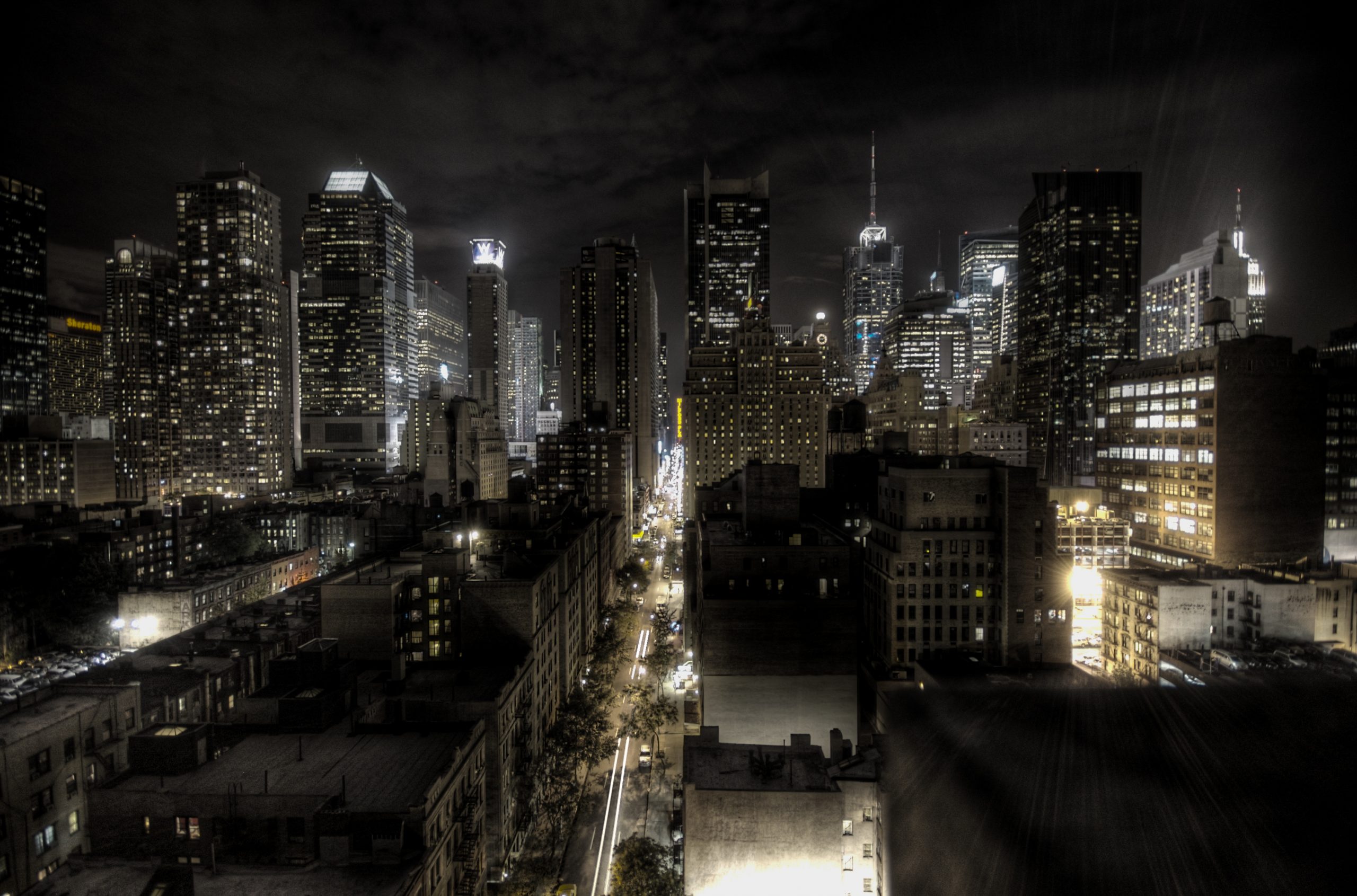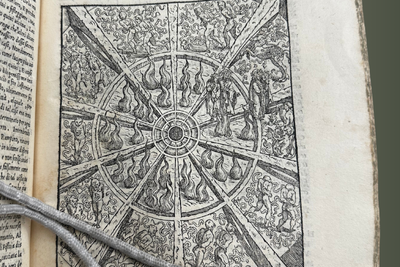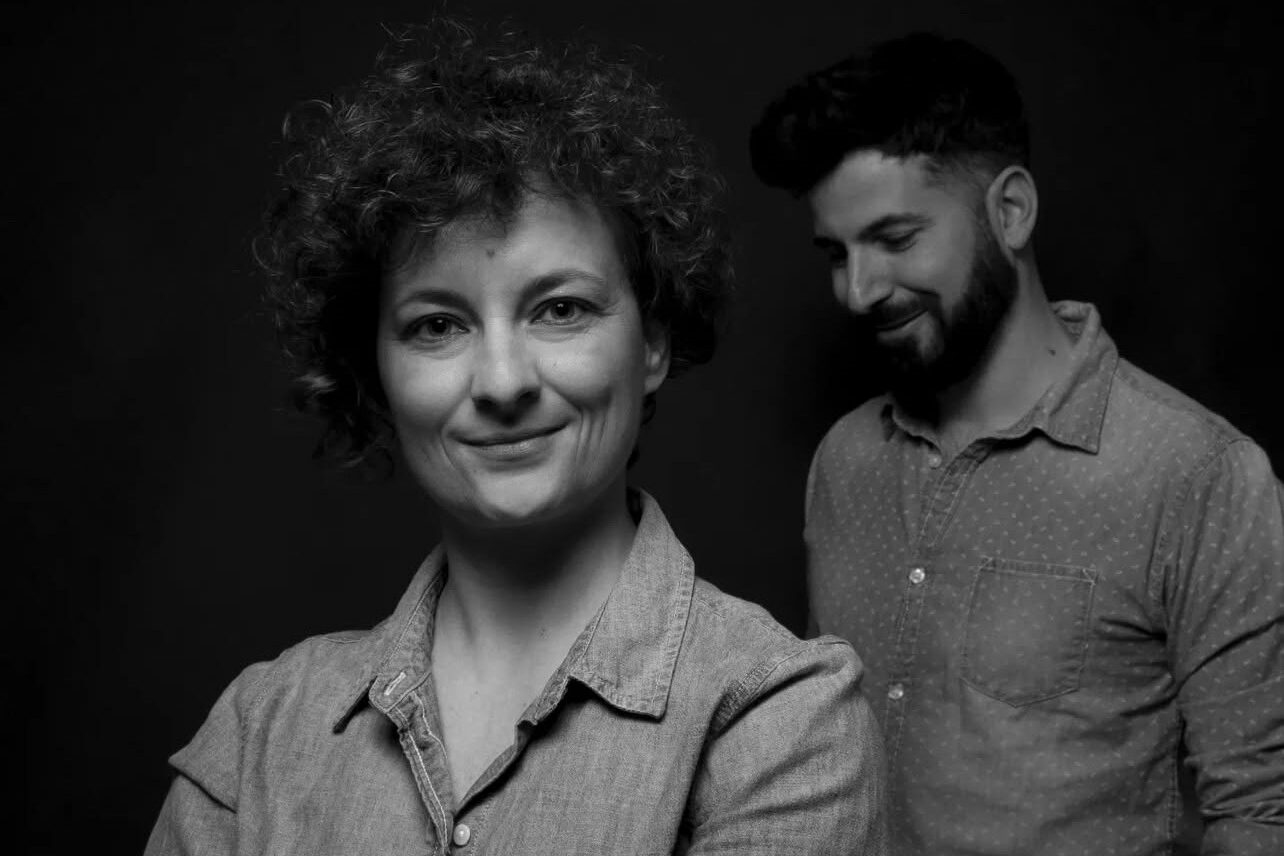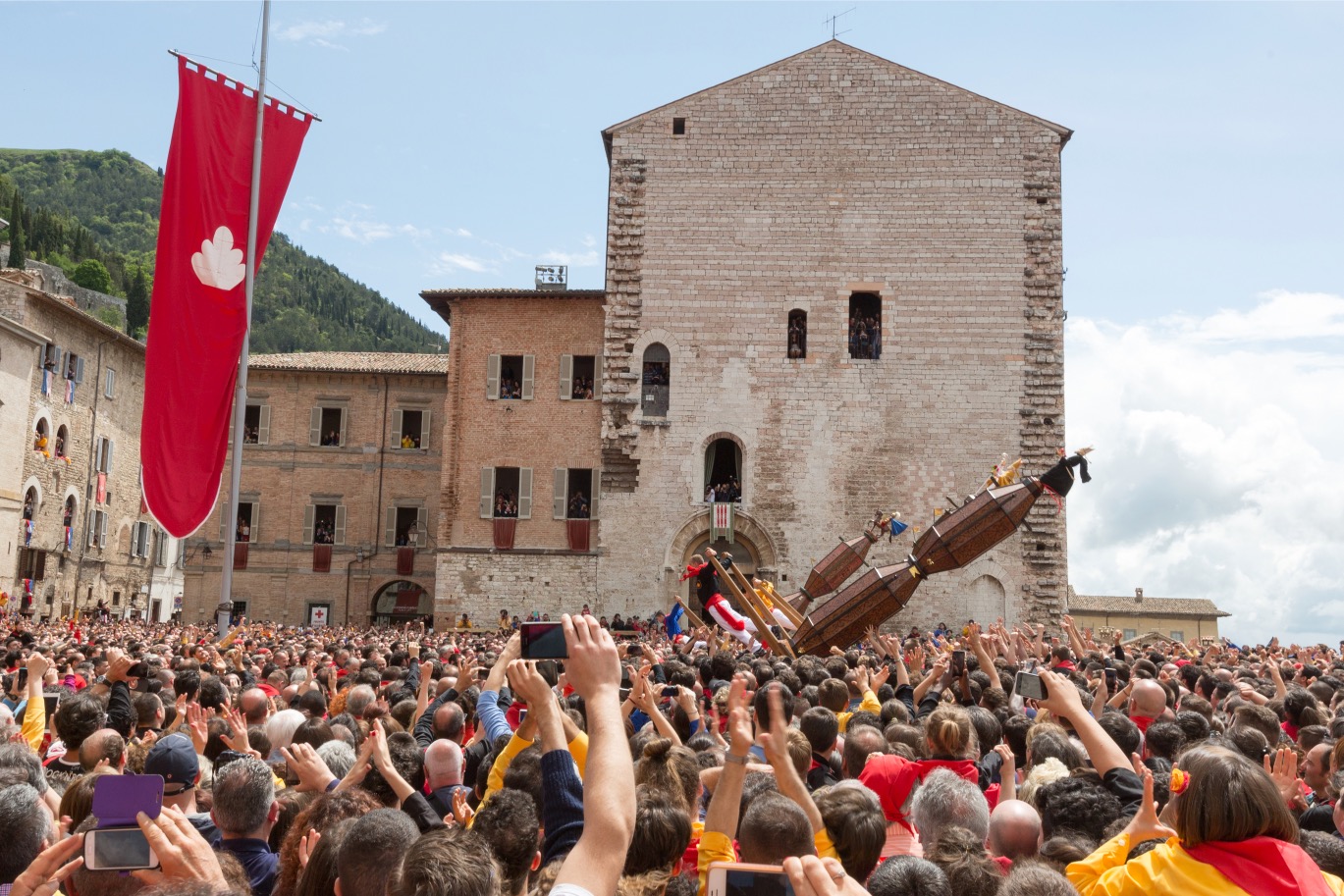The recent debate in New York City regarding stop-and-frisk has once again put the spotlight back on the city’s Police Department. The controversial policy endorsed and supported by the lame duck Mayor Michael Bloomberg is being used as a campaign strategy by mayoral candidates from both political parties seeking the city’s top position. Many political pundits believe this issue may decide the upcoming election for Mayor of New York City in November.
One Mayoral candidate is using his biracial son in many of his ads, leaving voters to infer “his son could be NYPD’s next victim,” even though too many believe his father’s political connections and influence would alter the outcome, compared to the 4.4 million young African American/Hispanic men who were stopped by police (from 2002 to 2012) and some innocently “put through the system.”
While the other mayoral candidate if elected, is vague about his plan for stop-and-frisk, reminding voters about the Giuliani/Bloomberg legacy that has become very unpopular the past few years in the Big Apple. The media mogul Bloomberg also strong-armed the City Council and overturned term limits in the last election, defying the wishes of many voters who supported in a referendum to have term limits for NYC politicians who get too comfortable in office.
As the election gets closer, NYPD brass continue to frown and stomp their feet, denying an alleged quota system that targets innocent Black and Latino adolescents and young men living in impoverished neighborhoods while at the same time the police brass have alluded to the necessity to have an aggressive prevention program like stop-and-frisk in crime ridden neighborhoods. Yet, how did this story happen and begin to snowball down the path of peril?
According to several news outlets, NYPD officer Adrian Schoolcraft was suspended after he secretly recorded several police officials from 2008-2009 that allegedly forced patrolmen to target and search African Americans in a section of Brooklyn, “without reasonable suspicion.” The Huffington post reported “An NYPD precinct commander in Brooklyn told his cops they could face job sanctions if they didn’t “go through the motion and get your numbers,”….
As the story increased and more attention was brought upon this Bill of Rights issue by the New York Civil Liberties Union and lawsuits ensued against New York City’s Finest, another one time NYPD officer who is no stranger to controversy is 77 year old retired cop, Frank Serpico. Ironically, Officer Schoolcraft’s secret recordings were at the 81st Precinct in Bed-Stuy, Brooklyn, the same precinct that Frank Serpico was first assigned several decades ago. Serpico revealed when he heard about this story and what this officer was going through, it reminded him of his own experiences while taking on NYPD corruption during the late 1960s and 1970s.
Frank Serpico became a police officer in 1959 after attending college. His parents were Italian immigrants from Marigliano in the province of Naples and of course were very proud of their son. Obviously his parents must have instilled in him the hardworking Italian work ethic and belief system that no doubt surfaced while Serpico was a NYPD undercover cop. While making several narcotic and gambling arrests, he was offered many bribes but refused to give in to the temptation of this vice as many of his fellow officers did.
On several occasions, his NYPD buddies tried to persuade him to take kickbacks and look the other way. The more Serpico refused however, the more he became hated amongst his NYPD brethren. After he made several attempts to speak with his commanding officers about police corruption endemic within the Police Department that eventually fell on deaf ears; he decided to speak with reporters at The New York Times and in April, 1970 several feature stories were published exposing the real police culture that was already known in certain NYC neighborhoods.
After going public he continued to work as a plainclothes officer and his life was threatened by the same individuals who vowed to protect the citizens of NYC just like Serpico. While on a narcotics bust that went sour, Serpico was shot in the face and the bullet lodged in his jaw as the officers also involved in the bust never bothered to call an ambulance until an elderly man called 911, while he was on the hallway floor bleeding. Many concluded it may have been retribution for what Serpico said to the media. At that point Frank Serpico knew it was time to get out and went to testify about police corruption before the Knapp Commission.
Once his testimony was over he continued to receive unanimous death threats and went underground for several years, constantly looking over his shoulder. It was later revealed that during this time he went to Europe and tried to live a normal life until he returned to the States around the 1980s. Of course his story was made into a book by Peter Maas titled Serpico: The Cop Who Defied the System as well as a Hollywood movie in 1973 titled Serpico portrayed by Italian American actor Al Pacino. When Serpico returned to the States he lived a secluded life in upstate New York and surfaced from time to time when stories broke out about police corruption, as in 1994 when the Mollen Commission reported on police corruption.
He did become an Italian citizen a few years ago and recently Serpico appeared in public again to speak out about what Officer Adrian Schoolcraft is probably experiencing. Soon thereafter in April 2013, Schoolcraft filed a $50 million dollar lawsuit against a local hospital and the city. He is alleging that he was institutionalized by officers after going public about his recordings. Officer Schoolcraft’s attorney decided to reach out to Serpico and subpoena the one-time cop in order to solidify his case. Over the next several months Serpico’s story may reappear in connection with another cop’s determination to challenge police protocol.
While this will play out in the media, the mayoral election is already heating up and the supporters for or against stop-and-frisk, will not go away. It’s too bad no mayoral candidate or other politician is saying the solution to police corruption or attempting to decrease violence in poor neighborhoods, is to develop concrete solutions to the growing economic crisis that continues to pay individuals salaries that are not parallel to the cost of living standards that we all struggle to obtain.
If we had better living wages commensurate to the cost of living, perhaps police would not have to figure out ways on how to combat an uncontrollable crime wave in many minority neighborhoods across the nation and our jails would not be so overcrowded with African American and Hispanic males.































